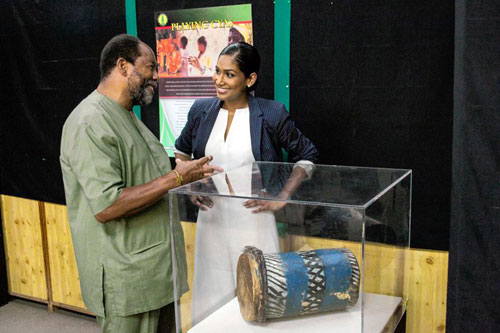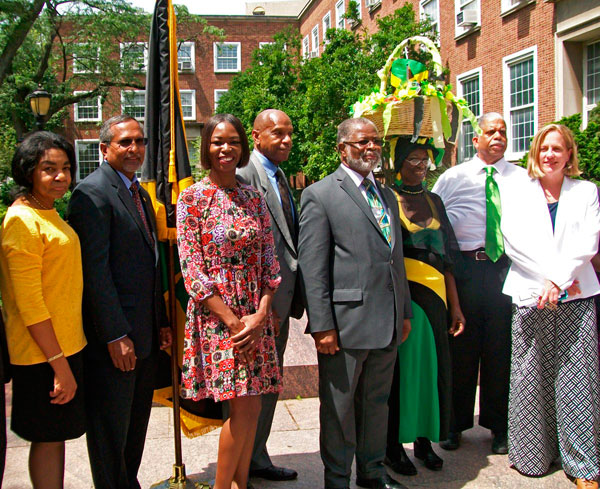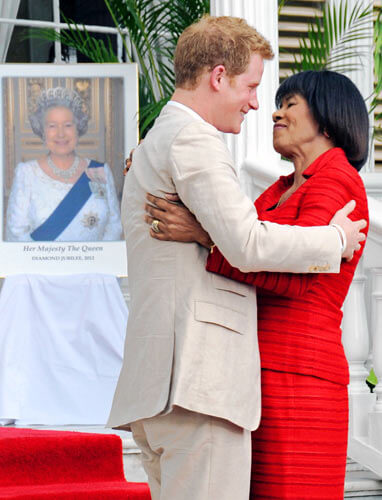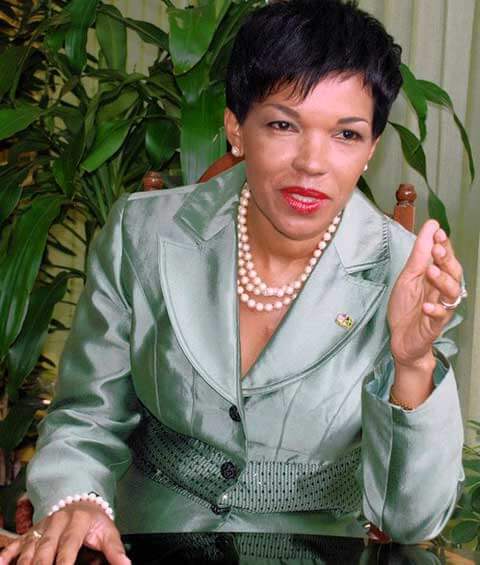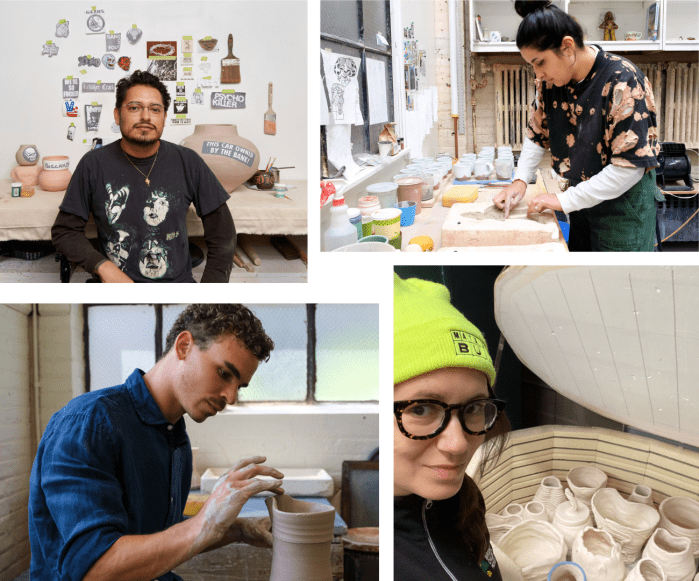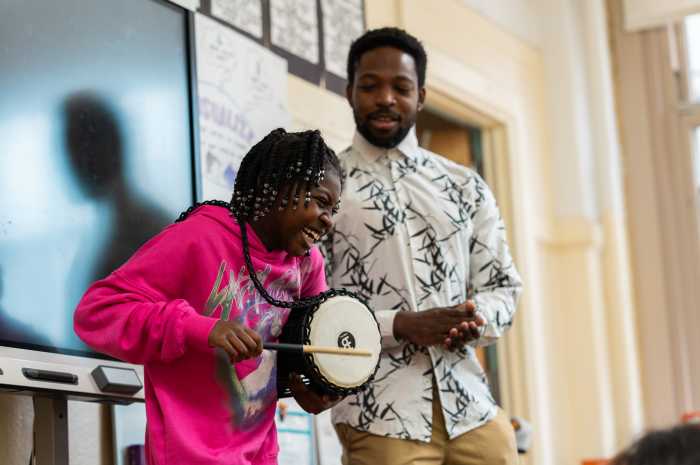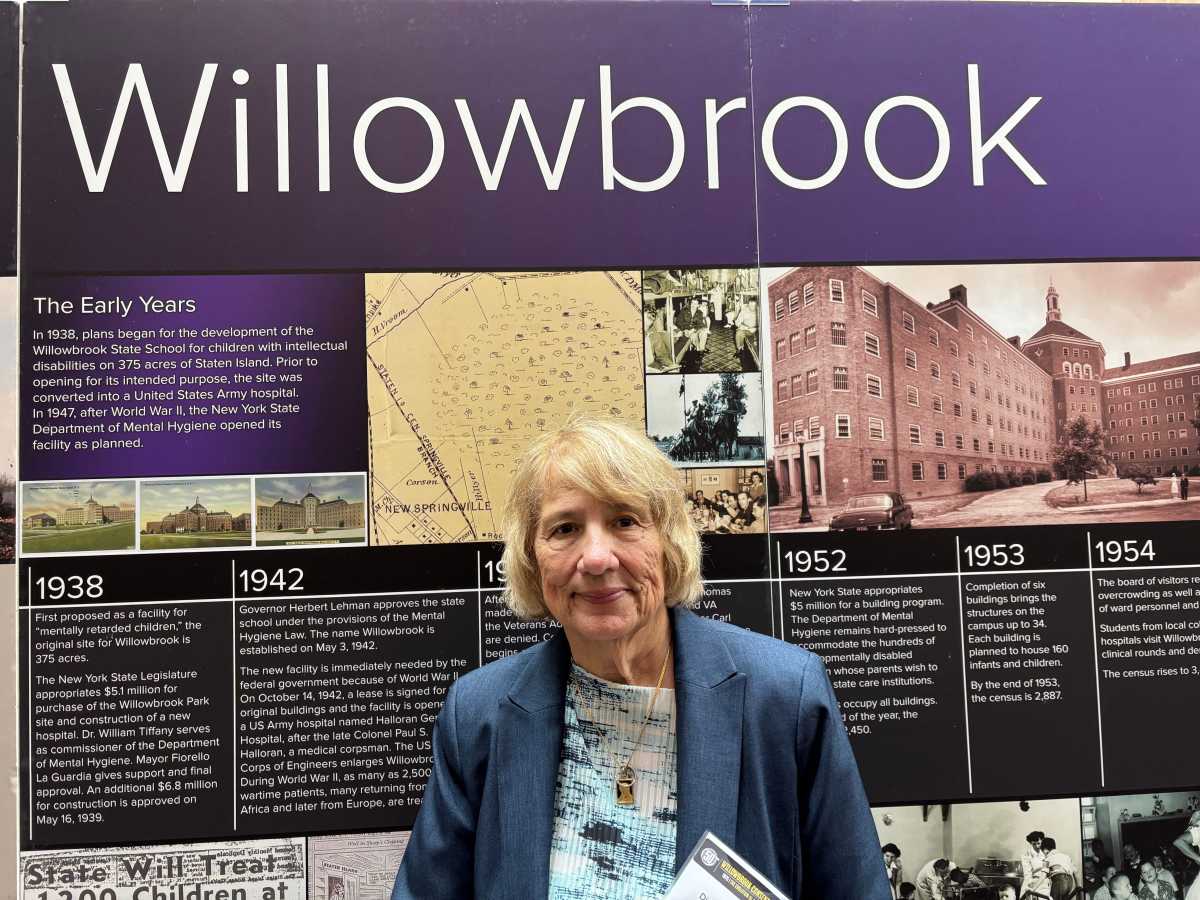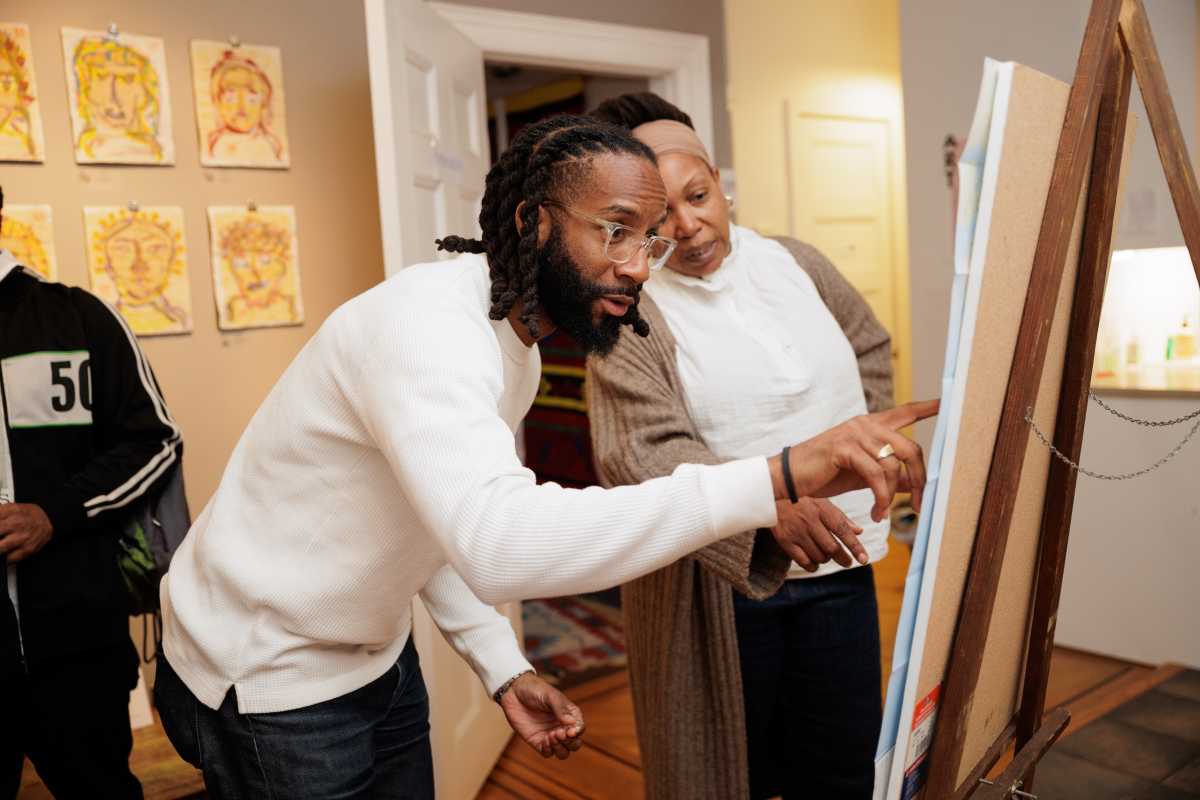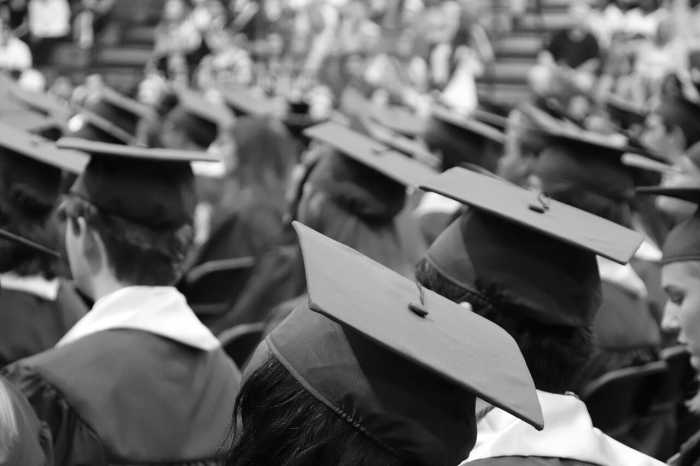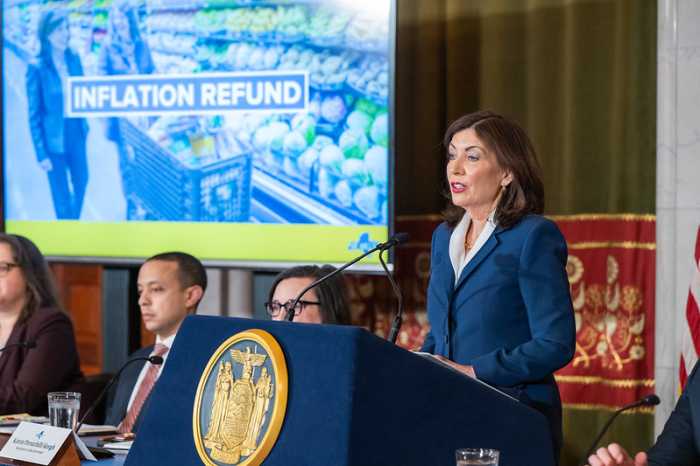Many Jamaicans believe the month of August should be dedicated in honor of the Caribbean island that led the region in winning independent status from Britain.
Argument to that initiative continues with their rationale that from day one, Aug. 1, the island and its people commemorate Emancipation Day which marks the acknowledgement of the abolition of slavery in Jamaica in 1834.
Combining celebrations of emancipation with independence – Emancipendence – Jamaican citizens laud the island’s history early in the month with the reasoning that celebrations will heighten from Emancipation Day until Independence Day on Aug. 6.
“As Jamaicans, we are very proud of our country and heritage. Sandra Scott, Jamaica Tourist Board’s Deputy Director of Tourism, Marketing said. “The commemoration of our emancipation from slavery and independence from colonialism provides an opportunity for us to proudly celebrate our history and our remarkable culture.”
On the island, Lisa Hanna, the minister of youth and culture announced a new aspect to the annual commemoration which will be called “Celebration of the Drums.”
“We now have what is called the Celebration of the Drums in every parish to herald in Emancipation starting this year because of the significance of the drum to Jamaica.”
She announced that ancestral drumming would be used to mark the celebration of Emancipation Day across the island this year. She said it was appropriate to use the drums to honor the African ancestors who fought for and won freedom for its people. She added that it will be “one of the features of the revitalized Jamaica Festival.”
She made the announcement during a ceremony where she was presented with an instrument. She received a Jamaican ‘cyas’ drum — which is used in the Kumina religion – from the United States.
Allegedly, with the assistance of the U. S. Embassy in Kingston, a piece of Jamaica’s history was repatriated.
“This drum has become a part of us and a part of who we are and is inextricably intertwined with us as a people,” Hanna said.
Allegedly kept here for 25 years, the drum belonged to the late Kumina leader Imogene ‘Queenie’ Kennedy and had been in the possession of the Smithsonian Institute.
Reportedly, during one of his field research visits to Jamaica, James Counts Early, director of Cultural Heritage Policy had been given the drum in 1989 by Queenie to take to the Smithsonian Institute.
Presenting the drum to Hanna, Early said it was important to bring it back home as it “belonged to the people of Jamaica.”
“Today when we hear the reverberations of this drum it sparks within all of us a stirring that evokes a deep sense of familial roots that calls us to action: whether to dance, to think, to respect, or to close ranks around a cause in worship, death, celebration, cultural practice,” Hanna said.
Marcus Mosiah Garvey’s 127th birthday on Aug. 17 provides added cultural exhibitions and galas marking the anniversary with numerous landmark achievements. It also makes the idea of a month-long ownership more than plausible.
Here in New York, a thanksgiving church service and reception on Aug. 3 starts the official public gathering of nationals.
The ceremony is slated to be held at New Jerusalem Baptist Church, 122-05 Smith St. (corner of GuyR. Brewer and Baisley Blvds) in Jamaica, Queens, a 4:00 p.m. start will begin the program to mark the milestone 52nd anniversary year of independence.
The theme “This is Jamaica, My Jamaica” will be more evident on Aug. 6 when the annual flag-raising ceremony hoists the national colors of black, green and gold at Bowling Green Park in Manhattan at noon.
A gala independence ball will be held on Aug. 16 at the Marriott Marquis Hotel, 1535 Broadway in Manhattan from 6:30 p.m. to 2:00 a.m. Held under the auspices of Consul General Herman G. Lamont, this signature event is being staged by the Jamaican Independence Celebration Foundation, Inc (JICFI).
To RSVP for the flag raising and church service, call 212-935-9000.
Jamaicans also have bragging rights with the formation of the first association of nationals on Staten Island. Recently grouped, organizers said the priority of the community’s first Jamaican Association is to take immediate action in focusing on unemployment, crime, and poverty among Jamaica’s population. It also plans to offer help to those who have a difficult time adjusting to American life.
Overseas in Europe, three Jamaicans dined with Queen Elizabeth II. They were among selected athletes competing in the Commonwealth Games in Glasgow, Scotland. The royal met a group of 70 athletes from competing countries and invited a select few to lunch with her. Jamaican hurdler Richard Phillips, netball player, Nicole Aiken-Pinnock and Martin Lyn, president of the Amateur Swimming Association of Jamaica were chosen to represent Jamaica at the royal feast.
Wherever Jamaicans gather — on the beach, at parties, festivals, cultural events or folk celebrations — the black, green and gold flies high to exhibit the colors that unite proud nationals.


